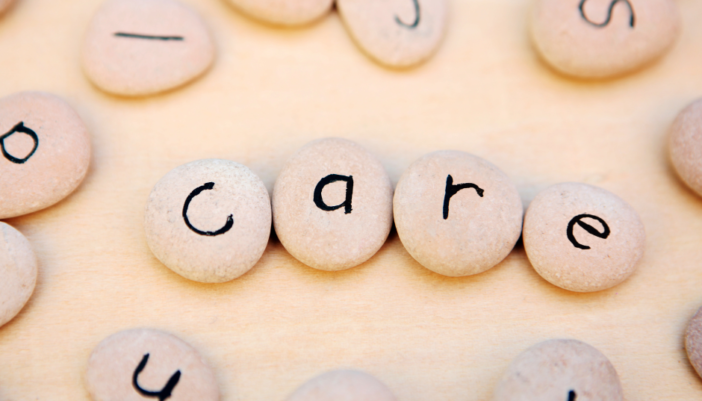You Know it’s Time to Detach When…How to Know If You Are Caring Too Much
Sometimes it looks like caring. It looks like you’re being a good daughter, a good partner and a great sibling to be there for them to help them out. Or maybe it’s your adult child who needs you so much because they continually struggle. And you just have to be there for them. But caring can quickly turn into becoming overinvolved in an unhealthy way, and yet it can be a fine line to walk. Here are some signs you may be overstepping…
Their stuff is all you can think about. Even when you try to focus on what’s in front of you, your mind is trying to find ways to “fix” things, such as get them to text you back, tell you they’re not angry anymore about the boundary you set the other day, or that they are making the decision (you) want them to make.
Your Anxiety is High. You feel distracted and you struggle to focus on what you need to pay attention to today. There is this underlying fear that things will not be ok, and your brain wants confirmation that it will be. Now, most of us want things settled and resolved, and we don’t want a crisis to have to focus on. The difference is you are mentally caught up in someone else’s thoughts, feelings, and behavior, not your own. You are focusing on either the past or the future, so it makes it very difficult to be in the present moment.
Your Mood Is Other-Dependent. This means that if they are ok, you can be ok. If not, you might struggle to feel peaceful or happy if they aren’t. Especially if they aren’t currently happy with a boundary you just set for yourself.
You find yourself making excuses for their behavior. You know, minimizing and/or rationalizing why they couldn’t be more responsible. Or show empathy for what you just went through. Or “poor them” that they are having financial trouble…again.
You feel distracted, and at times irritable. Not able to focus on what you actually need to take care of, and this just creates more stress because that stuff is NOT being attended to. You aren’t able to practice the self-care around your physical and mental health. Hence the irritability.
Becoming overinvolved usually is such a slow, insidious process that you don’t know you’re in deep until, well, you’re in deep. It’s also easy to fool yourself into thinking it’s just helping or being a good partner. That’s why it is important to keep an eye out for the symptoms mentioned here, so you can work on healthy detaching and setting some boundaries in the relationship.




